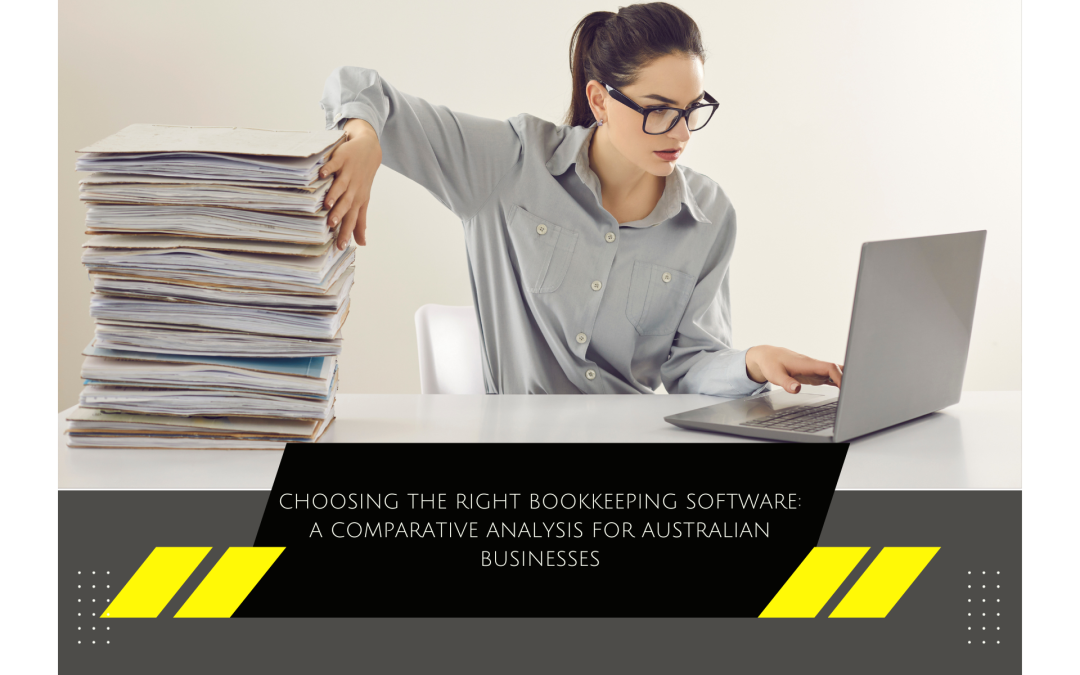For any business, big or small, the ability to track financial health is non-negotiable. It’s not merely about keeping records; it’s about having accurate financial information that informs critical business decisions. This is what we refer to as Numbers 101. Once you’ve got that down, the next step is to engage in strategic bookkeeping – a method that, on average, yields our clients ten times their investment.
Choosing the right bookkeeping software is a decision that can have a lasting impact on your business. In Australia, where tax and reporting regulations are stringent, the stakes are even higher. Here’s a breakdown of the key players in the bookkeeping software market to help Australian businesses decide.
Feature Set
When comparing software, consider the features. Does the software offer inventory management, invoicing, payroll, and other specific functions your business may need? Features must align with your business requirements.
Compliance
Software must adhere to Australian standards for tax and reporting, including GST and BAS preparation. Look for a solution that simplifies compliance and keeps track of regulatory changes.
Usability
Consider the user experience. A steep learning curve can hinder efficiency, so software with an intuitive interface and straightforward navigation is preferable.
Integration
Integrating with other systems such as CRM, e-commerce, or industry-specific solutions can create a seamless flow of information across your business.
Scalability
Your business will grow, and your software should be able to grow with it. Check if the software can handle increased transactions and additional users.
Support
Good customer support is critical. Ensure the software provider offers comprehensive support and resources, especially those that understand the nuances of Australian business operations.
Cost
Lastly, compare costs, but look beyond the initial price. Consider the value each software brings through efficiency, features, and support.
Here’s how some of the popular software options stack up:
Xero: Known for its user-friendly interface, Xero is a favourite among many Australian businesses. It covers the essentials with strong compliance management and a vast add-on marketplace.
MYOB: A staple in the Australian market, MYOB has deep functionality and is well-suited for businesses that need a more robust, traditional bookkeeping solution.
QuickBooks Online: Offering a range of features and a flexible platform, QuickBooks Online is another contender that scales well for growing businesses.
Choosing the right bookkeeping software requires a thoughtful analysis of your business needs against what each platform can offer.
If you need assistance navigating these options, contact our master bookkeeper, Katia Chehade. With expertise in Australian business bookkeeping needs and software solutions, she can provide personalised advice that aligns with your strategic objectives. Keep the complexities of choice from slowing down.

